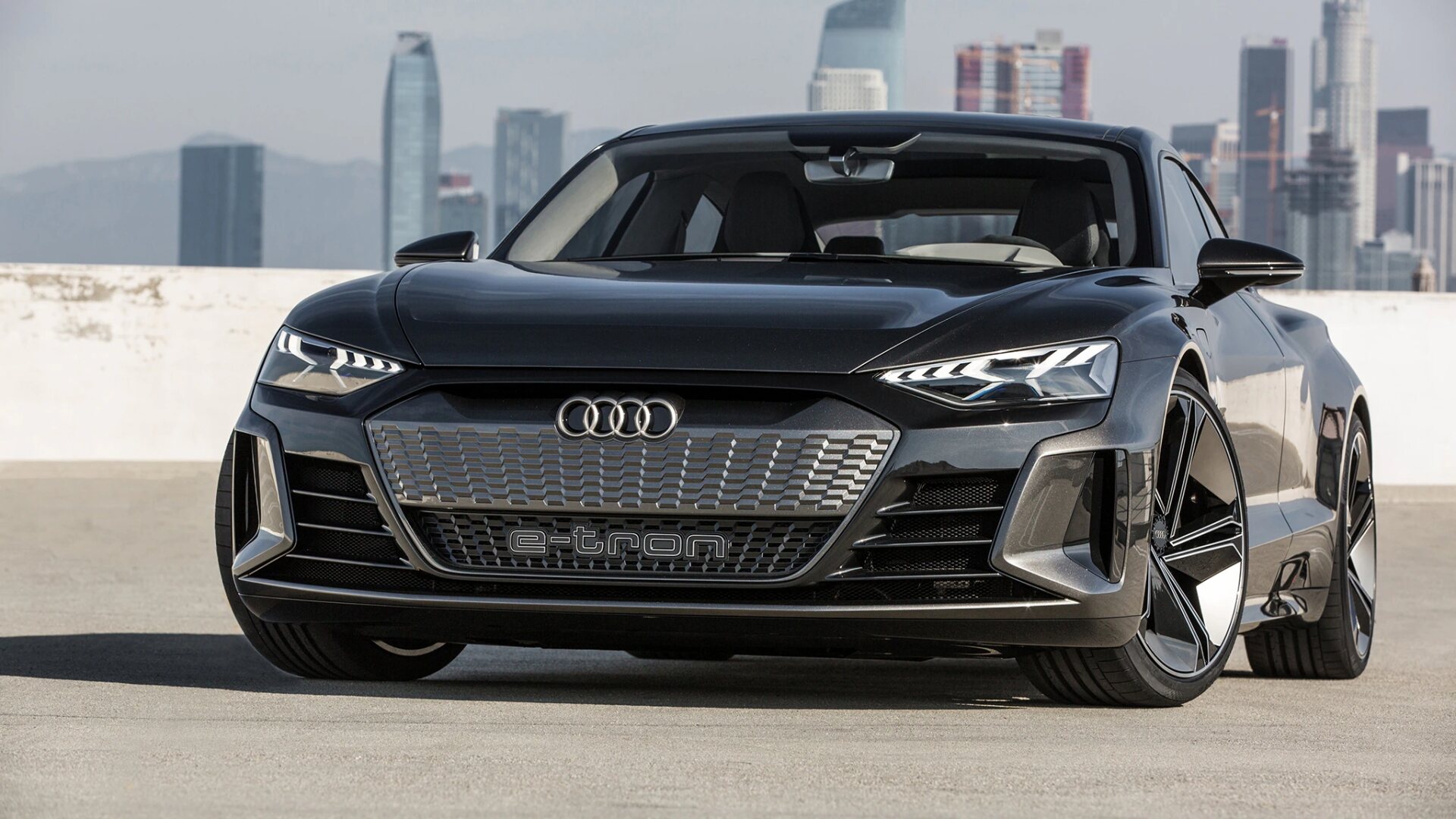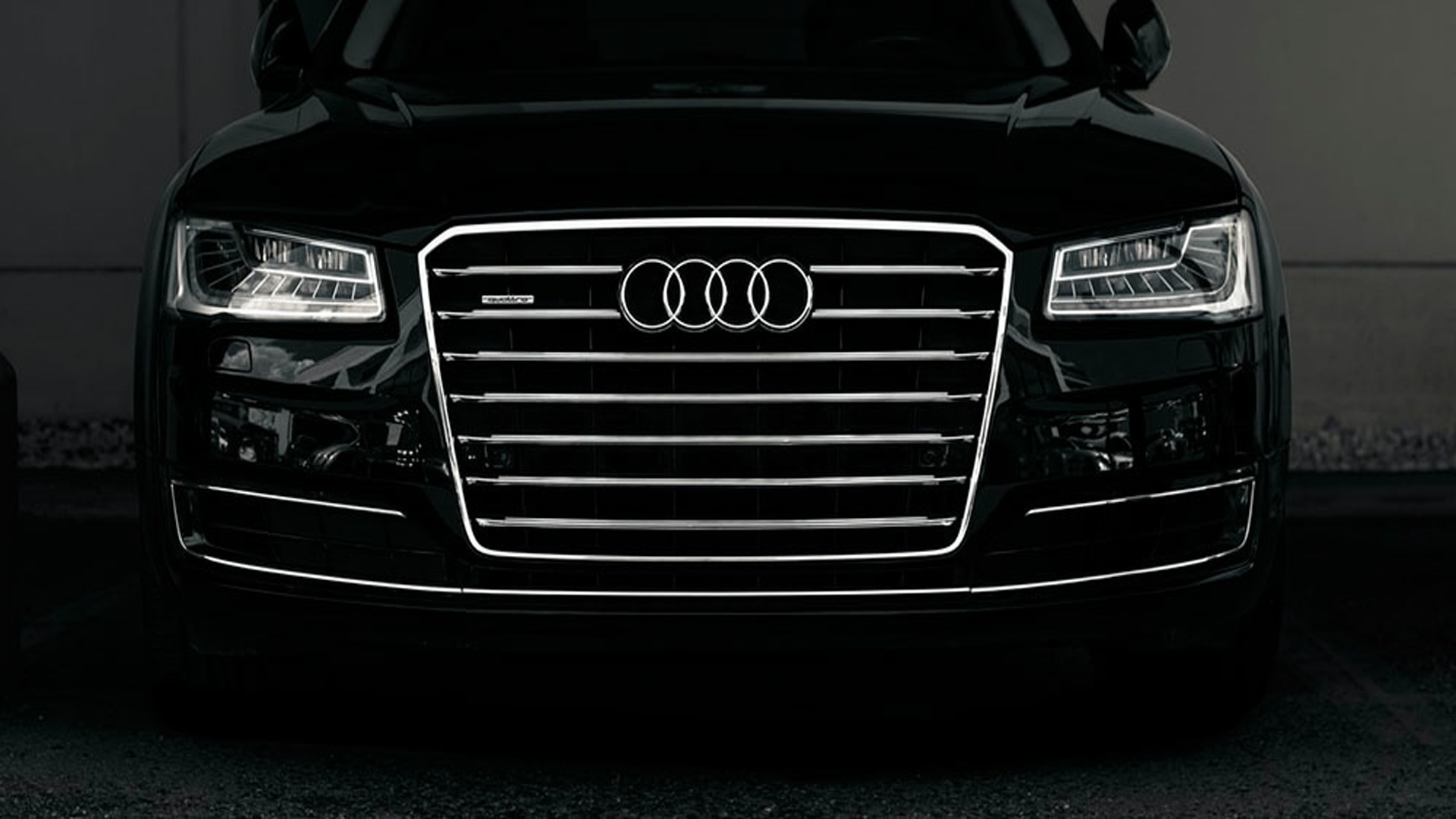During the announcement of the company’s financial results for 2023, Audi’s CEO Gernot Döllner reaffirmed the brand’s dedication to its plan to introduce its last model equipped with an internal combustion engine in 2026. Despite a recent slowdown in the growth of electric vehicle sales, Audi remains steadfast in its transition to electric mobility.
The final internal combustion engine model will continue production until 2033, marking Audi’s transformation into a fully electric brand. However, Döllner emphasized that the timeline isn’t set in stone, allowing Audi flexibility to adapt to changing market conditions.
“We’re fully committed to electric mobility,” Döllner stated. “But if there are waves or fluctuations in the transition we can react to them.” This plan was initially revealed in 2021 by former CEO Markus Duesmann, with Döllner taking over the helm last year.

While some automakers have adjusted their plans and opted to continue offering vehicles with internal combustion engines into the next decade, Audi remains resolute in its electrification strategy. In addition to the transition to electric vehicles, Audi announced plans to introduce more than 20 new or updated vehicles by the end of 2025.
These include the recently revealed 2025 Q6 E-Tron electric compact crossover, along with the refreshed 2025 A3, new 2025 A6 E-Tron, and redesigned versions of the A5 and Q5, all slated for 2025 releases. The upcoming A5 and Q5 models will be based on Audi’s new platform for internal-combustion cars, known as the PPC (Premium Platform Combustion).
This platform, set to debut in the second half of the year, serves as a counterpart to the PPE (Premium Platform Electric) utilized in electric models like the Q6 E-Tron and its Porsche Macan counterpart.

